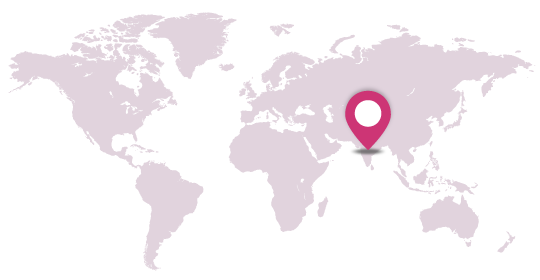OUR WORK AND IMPACT
A Gender Equity and Empowerment Lens to Understand the Health & Well Being of Adolescents in India
Adolescents aged 10 to 19 years represent 20% of the total population of India,1 amounting to 250 million. To address the health and wellbeing of this population, India’s Ministry of Health and Family Welfare launched the Rashtriya Kishor Swasthya Karyakram (RKSK) in 2014, with the following key priority areas, including sexual and reproductive health, mental health, nutrition, substance abuse, and violence/injury.2,3 Key principles of RKSK by design are youth leadership, social inclusion, gender equity, and a focus on partnerships.2 While promising in design, RKSK has faced a number of implementation challenges, particularly in leveraging government and systems to meet the health needs of adolescents.4 This project will assess whether, how and for whom do government schemes, systems, and initiatives for adolescent development improve health and productivity, with consideration of girls’ unique vulnerabilities in benefiting from government systems and programs. Our research will examine whether participation in government schemes and systems can reduce the following adolescent health and productivity concerns, disproportionately affecting girls in India: early marriage, unmet need for family planning, suicidality, violence, vocational aspiration and participation. Government schemes and systems of focus will be in the areas of education, financial inclusion, and social participation that can potentially serve as levers for change.
Principal Investigator

India
KEY WORDS




